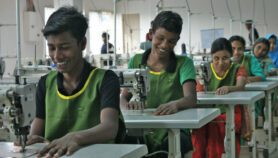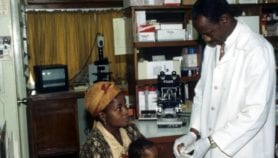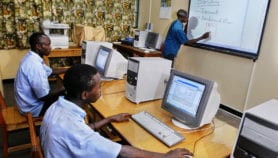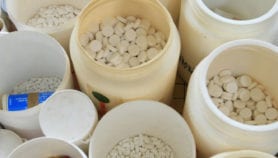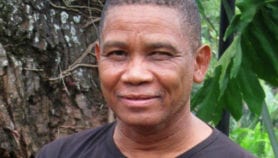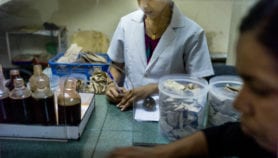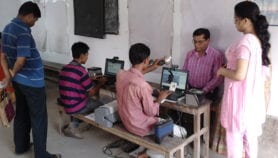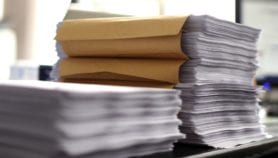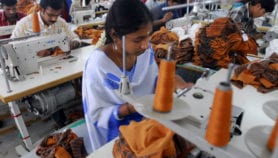By: Lisbeth Fog
Send to a friend
The details you provide on this page will not be used to send unsolicited email, and will not be sold to a 3rd party. See privacy policy.
[BOGOTÁ] A global network of science academies has issued a set of guidelines for responsible research conduct amid a worldwide increase in irresponsible research behavior, and differing views over what constitutes research misconduct and how to deal with it.
"Global standards of behaviour reflecting the universal values of science are not only possible but necessary," says the report, released this week (17 October) by the InterAcademy Panel (IAP).
The report makes several broad policy recommendations for researchers, research institutions, peer-reviewers, and public and private funding agencies, for global implementation.
For example, it recommends that researchers should disclose conflicts of interest and bear in mind any potentially harmful consequences of their work; research institutions should establish effective mechanisms for dealing with misconduct allegations; and funding bodies should require research institutions to have such mechanisms in place.
Donors should also support research institutions in developing education and research programmes on responsible research conduct, it says.
José Lozano, general secretary of the Colombian Academy of Exact, Physical and Natural Sciences, and one of the report’s authors, told SciDev.Net that the authors have reviewed the entire research process and have provided recommendations for each stage.
The guidelines were important to write for several key reasons, Barbara Schaal, another of the report’s authors, and a vice president of the US National Academy of Sciences, told SciDev.Net.
"First, science is an increasingly international activity. Research groups often have representatives from many cultures and it is important to have a common set of standards, so that science can proceed properly. In addition, there have been some recent high profile cases of science not being conducted responsibly."
The sector has seen enormous growth: between 1995 and 2008, the number of researchers worldwide rose from four million to six million; and between 1996 and 2009, research and development expenditures rose from US$522 billion to US$1.3 trillion.
According to the report, research integrity has become more visible, as the results of research "increasingly underlie and influence public policy debates in many fields, including public health and medicine, climate and the environment, agriculture, and energy".
The ultimate goal of the IAP project is to help the research enterprise develop an ethical framework that applies to every individual and institution involved in research.
"We are in the process of writing up a specific set of guidelines," said Schaal. "We anticipate that each country’s science academy will put forth these recommendations and guidelines to those institutions that conduct science."



